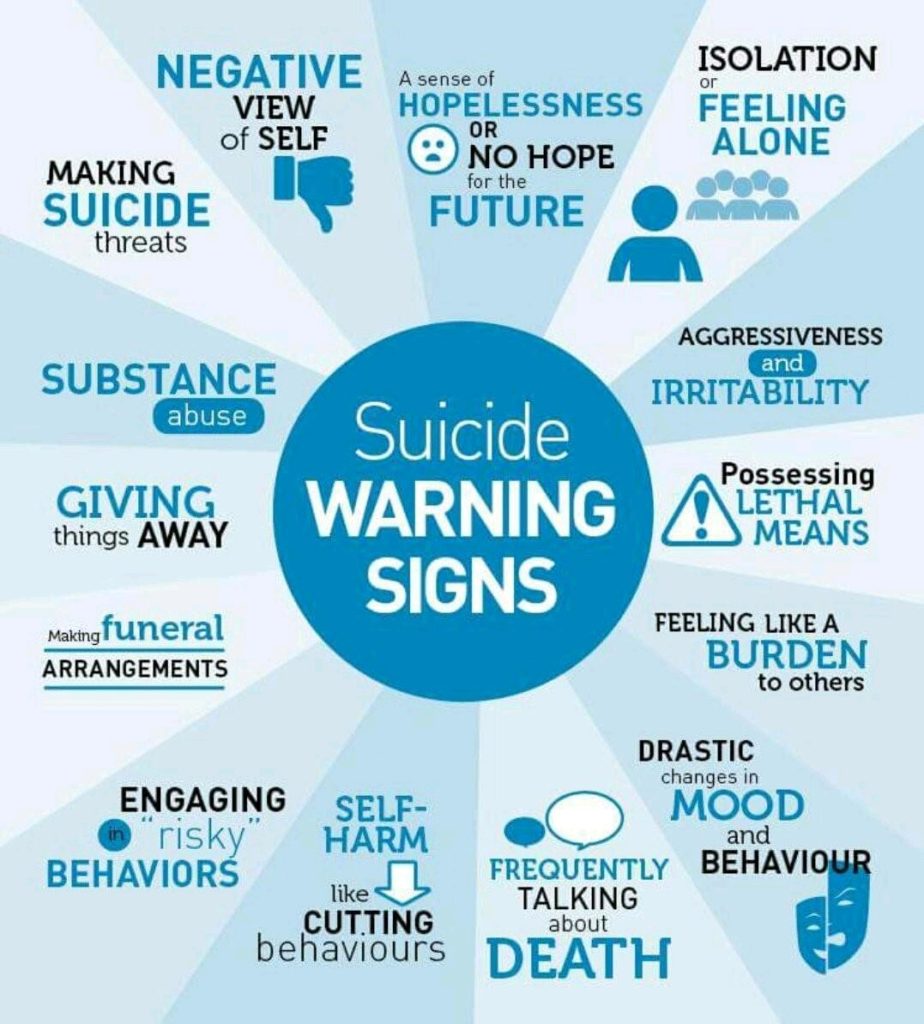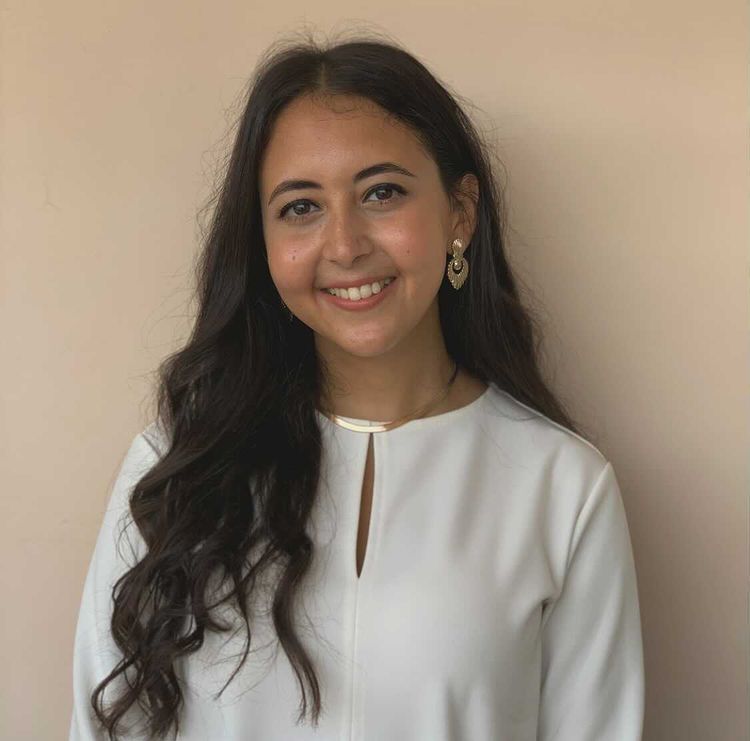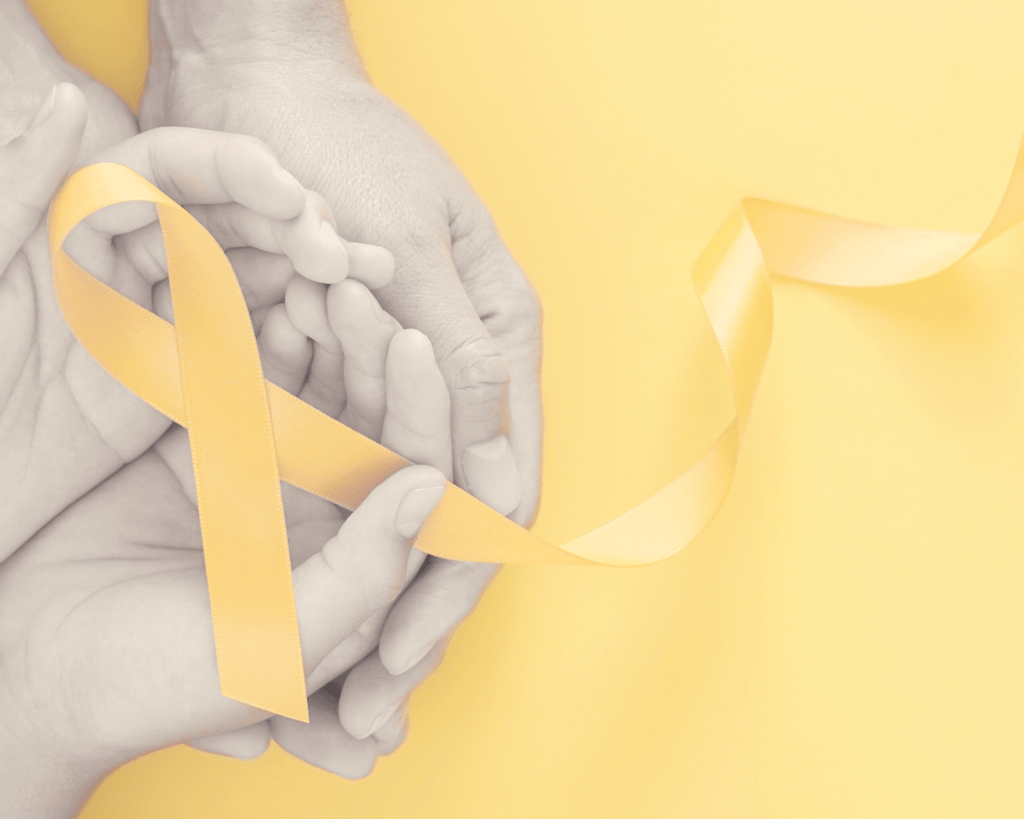For World Suicide Prevention Day, we teamed up with psychotherapist/psychologist Miss Gloria Botros MSc for some professional mental health advice.
TRIGGER WARNING: This article contains a discussion/material of suicide that may be disturbing to some.
Why is World Suicide Prevention Day important, particularly in the MENA Region?
There were 26,000 deaths reported in 2016 that were due to suicide in the MENA region. Suicide results from mental health disorders/issues. If proper mental health services were to be provided and these disorders were to be treated, the numbers would have definitely been lower.
World Suicide Prevention Day is the perfect time to speak about mental health in general. There is an urgent need to improve mental health management within the MENA region. Mental illness is still very stigmatized and there still is a lack of awareness regarding mental health disorders and their symptoms.
Unfortunately, this topic is rarely discussed or acknowledged. People usually consider psychological distress to be personal failure or weakness and attributing them to external factors. People are shamed for having mental health issues and it needs to stop.
What are the signs we should look for?
People who are at risk for suicide show multiple signs.
- Changes in their personality eg. extroverts become quiet, start isolating themselves, and you can see that they are not the person they used to be.
- Showing signs of extreme sadness or silence.
- Sleeping Problems.
- Signs of neglect in appearance or hygiene.
- Feelings of hopelessness/state of despair.
- Engaging in dangerous behavior eg. impulsive actions like driving very fast, excessive drinking or taking drugs.
- Verbal expression: “I have no reason to live.” “I wish I were dead.” Not everyone is direct about their suicidal intensions or thoughts, “I just wish this was over.” “I feel like a burden.” Keep an eye out for any indirect suicidal messages that these individuals could be giving.

How can we support someone who is showing signs of suicide?
Show them you care and that they are not alone. Try to be empathetic, try to tell them “I can’t imagine how painful it is right now but I’m here for you.” Be understanding, avoid criticising and don’t be judgmental. Definitely don’t tell them there are bigger problems out there – this is absolutely not helpful.
Listen to what they have to say. Talk to them about things that are going well in their lives. Encourage them to speak about the positives. Give them the space to speak about the negatives, but also try to spotlight the positives in their life. Tell them they have the right to feel sad at this moment – but no feeling is permanent. Feelings are temporary, and although they may feel sad or hopeless now, feelings change.
It’s important to direct them to seek professional help. Help them look up clinics/centres near them. It’s also important to keep checking up on them a couple of days a week. It will help them feel like someone is there for them, someone cares, and they’re not alone.
If someone tells you that they are suicidal at this moment…you must direct them to seek professional help immediately because they may be at a high risk of carrying out a suicide attempt.
Where can we find help?
At a public hospital that has a mental health department, although you may want to consider seeking help at a private hospital. If you believe someone is not at high risk for suicide but show signs/symptoms, they can seek help at a clinic or counselling centre that has psychologists or therapists.
But if they are suicidal, it’s best they seek help immediately at a hospital or see a psychiatrist because these are the people who can provide the best help at this stage. They can be referred to a psychologist to carry on with treatments and psychotherapy.
Abasseya Mental Health Hospital 01154898506
Ministry of Health 0220916831
Gloria Botros

She works as a Psychologist at Save the Children International and as a therapist at Heal Counseling Center.
Gloria Botros graduated with a BA in Psychology from the American University in Cairo and earned her Masters of Science in Clinical Psychology from London, UK. She is trained in Cognitive Behavioral Therapy and Dialectical Behavioral Therapy. She received training in in-patient hospitals in Egypt and gained experience as an Assistant Psychologist at the NHS in the UK. Gloria provides psychotherapy for children, adolescents and adults with a wide range of mental health problems (anxiety, depression, borderline personality disorder, and individuals who experience traumatic events). Gloria has gained extensive working experience working at international NGOs with refugees.
Here’s a list of free online events that are taking place today for suicide prevention.



